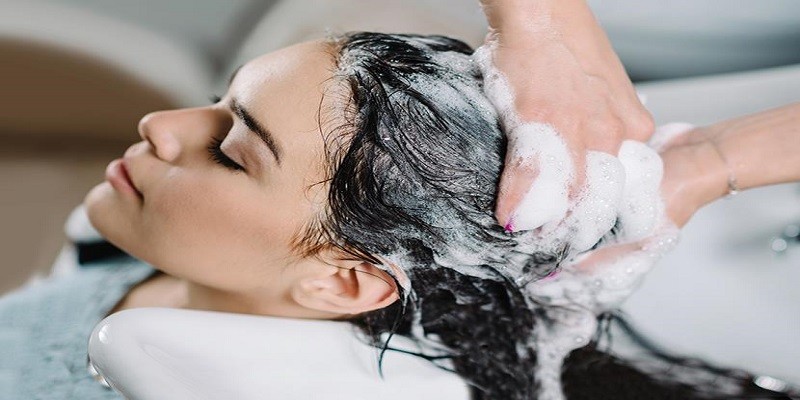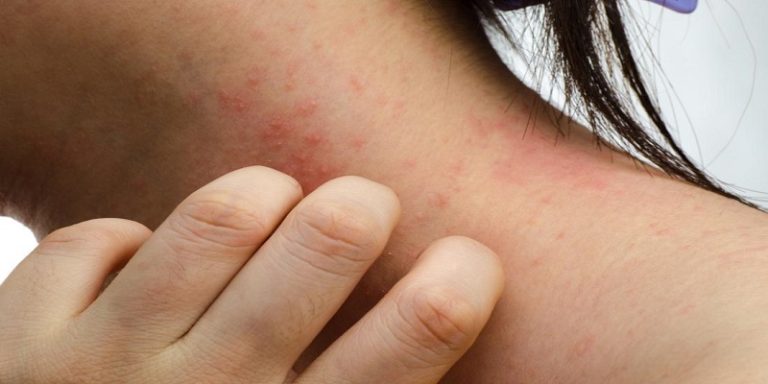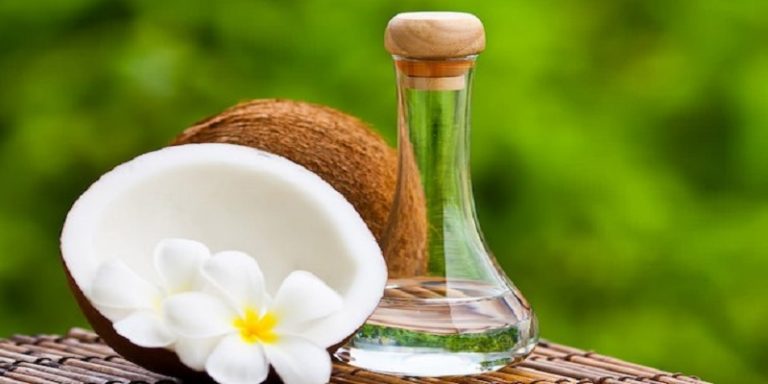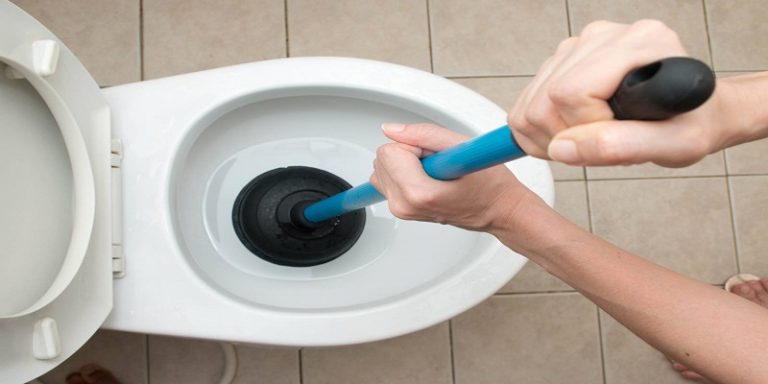How To Soften Hard Water For Washing Hair?
Last Updated on June 18, 2025 by Jaclyn A. Neeley
Hard water, characterized by high concentrations of minerals such as calcium and magnesium, can have detrimental effects on hair. It can lead to dryness, brittleness, and even hair loss. Fortunately, there are several methods to soften hard water and mitigate its negative impact on hair. This article will explore various techniques and solutions to soften hard water for washing hair, ensuring healthier and more manageable locks.
Hard Water and Its Effects on Hair
Hard water contains dissolved minerals like calcium, magnesium, and iron, which can build up on hair and scalp, making it difficult for moisture to penetrate. This mineral buildup can cause hair to become dry, brittle, and prone to breakage. Additionally, hard water can alter the pH balance of the scalp, leading to irritation, dandruff, and other scalp issues.
Methods to Soften Hard Water
Installing a Water Softener
One of the most effective long-term solutions for dealing with hard water is installing a water softener. Water softeners work by exchanging calcium and magnesium ions in the water with sodium or potassium ions, effectively reducing the hardness of the water. There are different types of water softeners available, including whole-house systems and smaller units designed for specific fixtures like showers.
- Whole-House Water Softeners: These systems treat all the water entering your home, providing soft water for all uses, including bathing, cooking, and laundry. They are highly effective but can be expensive and require professional installation and maintenance.
- Showerhead Water Softeners: These are more affordable and easier to install. They attach directly to your showerhead and use filters to remove minerals from the water. While not as comprehensive as whole-house systems, they can significantly reduce the hardness of the water used for washing hair.
Using Filtered or Bottled Water
For those who cannot install a water softener, using filtered or bottled water for the final rinse can be an effective alternative. This method involves washing your hair with hard water but using filtered or bottled water to rinse out the shampoo and conditioner, thereby minimizing mineral buildup on the hair.
Boiling Water
Boiling water can temporarily reduce its hardness by precipitating some of the dissolved minerals. This method is simple and cost-effective but may not be practical for regular use. To use this method, boil the water, let it cool, and then use it to wash or rinse your hair.
Hair Care Products for Hard Water
Clarifying Shampoos
Clarifying shampoos are designed to remove buildup from hair, including the mineral deposits left by hard water. These shampoos contain chelating agents that bind to the minerals and help wash them away. However, they can be drying, so they should be used sparingly, typically once a week.
Chelating Shampoos
Chelating shampoos are similar to clarifying shampoos but are specifically formulated to remove mineral buildup from hard water. They contain stronger chelating agents like EDTA (ethylene diamine tetra acetate) that effectively remove minerals from the hair. These shampoos are particularly useful for those who frequently wash their hair with hard water.
3. Acidic Rinses
Acidic rinses, such as those made with apple cider vinegar or lemon juice, can help remove mineral buildup and restore the natural pH balance of the hair and scalp. To make an acidic rinse, mix one tablespoon of apple cider vinegar or lemon juice with three cups of water. Apply the mixture to your hair after shampooing, let it sit for a few minutes, and then rinse thoroughly.
DIY Solutions for Softening Hard Water
Baking Soda
Baking soda can be used to soften hard water and remove mineral buildup from hair. Add a quarter teaspoon of baking soda to your regular shampoo and mix well. This can help neutralize the minerals in the water and make your hair feel softer and more manageable.
Epsom Salt
Epsom salt can also be used to soften water. Dissolve a small amount of Epsom salt in water and use it as a final rinse after washing your hair. This can help reduce the hardness of the water and prevent mineral buildup on your hair.
Preventive Measures
Regular Deep Conditioning
Regular deep conditioning treatments can help restore moisture to hair that has been dried out by hard water. Look for deep conditioners that contain natural oils like coconut oil or argan oil, which can help nourish and protect your hair.
Using Leave-In Conditioners
Leave-in conditioners can provide an extra layer of protection against the drying effects of hard water. They help lock in moisture and make hair more manageable. Choose products that are specifically formulated for dry or damaged hair.
Scalp Massages
Massaging your scalp while shampooing can help improve blood circulation and promote healthier hair growth. It can also help dislodge any mineral buildup on the scalp, making it easier to wash away.
Conclusion
Hard water can have a significant impact on the health and appearance of your hair, but there are several effective methods to soften it and mitigate its negative effects. Installing a water softener, using filtered or bottled water, and incorporating specialized hair care products can all help protect your hair from the damaging effects of hard water. Additionally, regular deep conditioning treatments and preventive measures can ensure that your hair remains healthy, shiny, and manageable. By understanding the effects of hard water and taking appropriate steps to soften it, you can maintain beautiful and healthy hair regardless of your water quality.
FAQs
How do you make hard water soft for washing?
Hard water can be softened for washing by using methods such as adding sodium carbonate (washing soda), which reacts with calcium and magnesium ions to form insoluble precipitates. Another effective method is using an ion-exchange water softener, which replaces calcium and magnesium ions with sodium ions. Additionally, natural methods like adding vinegar or lemon juice can help reduce mineral buildup.
What happens if we wash hair with hard water?
Washing hair with hard water can lead to several issues, including dryness, brittleness, and difficulty in managing hair. The minerals in hard water, such as calcium and magnesium, form a film on the hair, preventing moisture penetration and stripping natural oils. This can result in dull, lifeless hair, increased tangles, and even hair loss in severe cases.
Can lemon make hard water soft?
Yes, lemon juice can help soften hard water. The citric acid in lemon juice can break down mineral deposits, making it easier to manage hard water’s effects. For instance, adding lemon juice to water can help reduce limescale buildup on faucets and fixtures, and using it in hair rinses can help remove mineral buildup from hair.
What are the best water softeners for home use?
The best water softeners for home use include ion-exchange water softeners, which are highly effective in replacing calcium and magnesium ions with sodium ions. Reverse osmosis systems are also popular, as they filter out minerals through a semi-permeable membrane. Additionally, water-softening pillows or bags and shower head filters can provide localized solutions for specific needs.
Can hard water damage be reversed with proper treatments?
Yes, hard water damage can be reversed with proper treatments. Using clarifying shampoos can help remove mineral buildup from hair. Deep conditioning treatments can restore moisture and improve hair texture. Installing a water softener can prevent further damage by removing hardness minerals from the water supply. Regular use of these treatments can significantly improve hair health and appearance.







